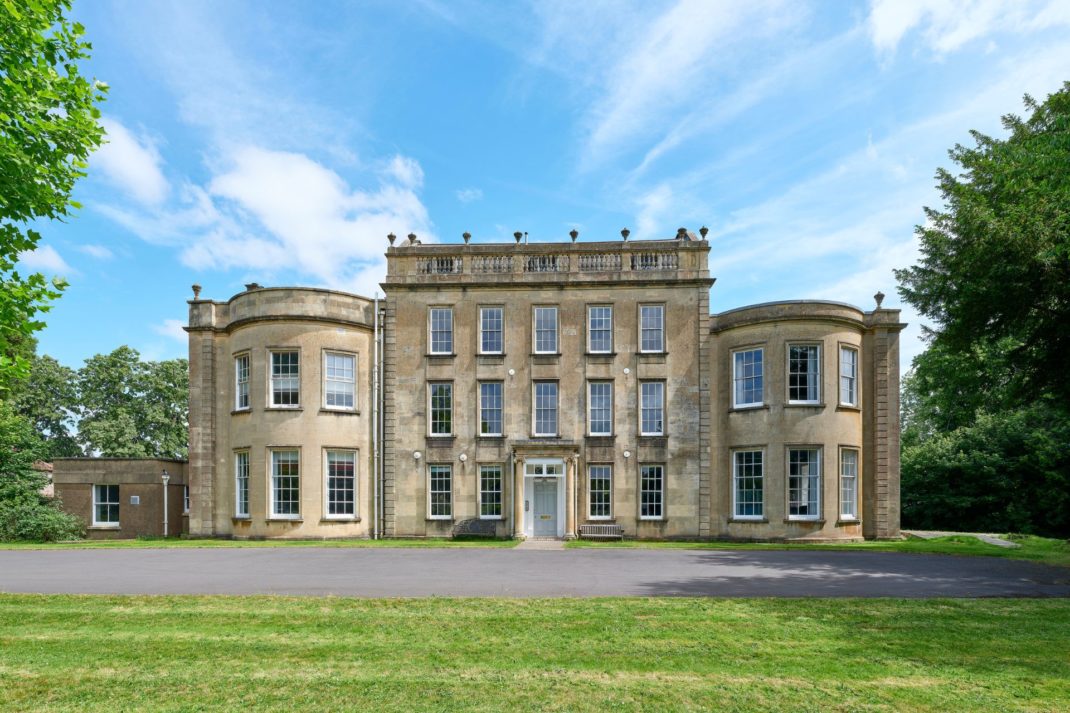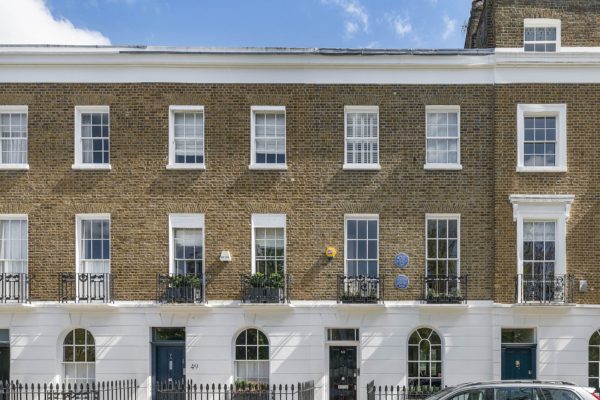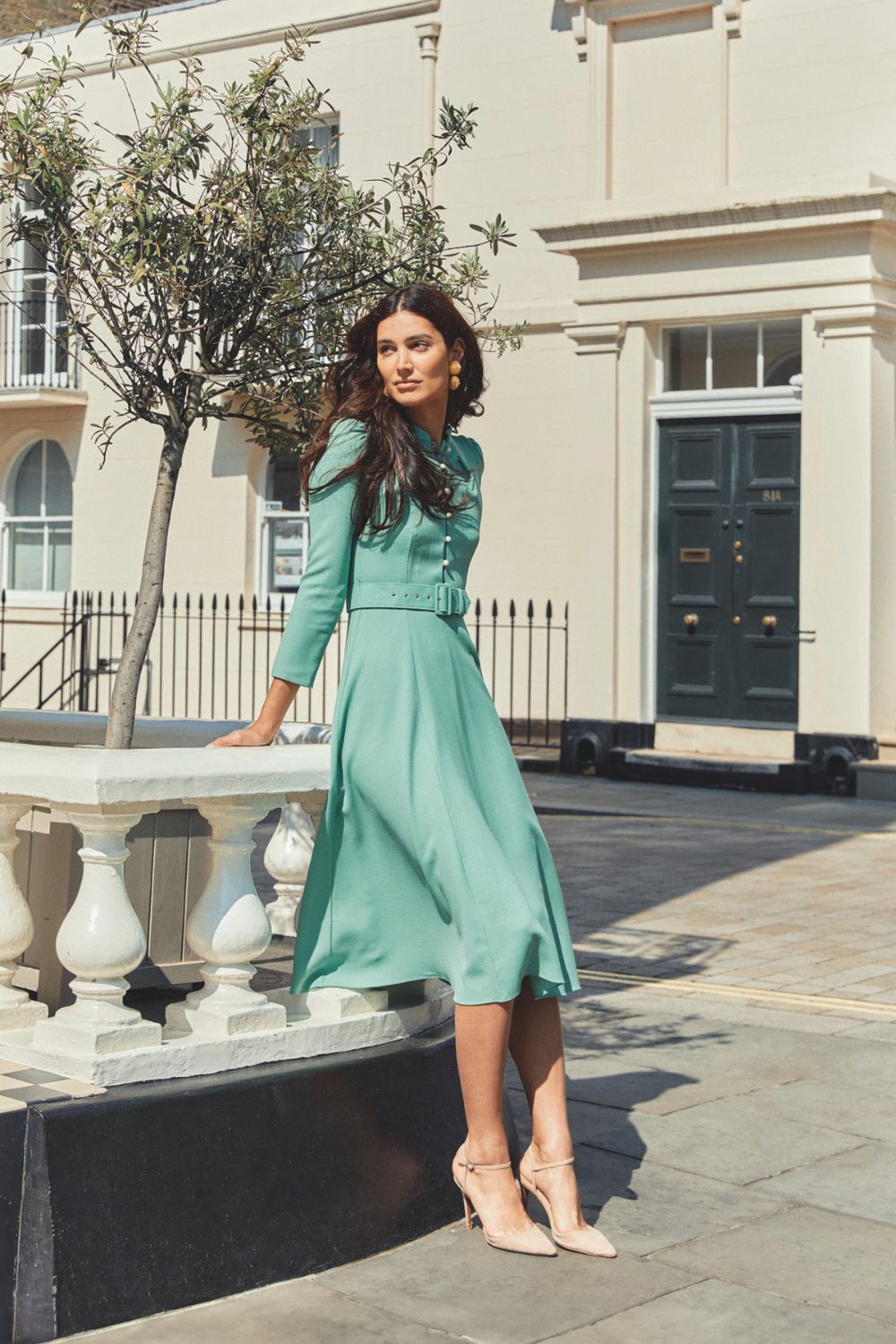
Would You Buy A House On Instagram?
By
10 months ago
Inside the world of social media estate agents
Ever thought about using Instagram to buy a house? Anna Tyzack investigates the rise of property influencers.
Can You Really Buy A House On Social Media? The Rise Of Property Influencers
It was on a road trip in France that estate agent Tim Phillips decided to reinvent the way he sold houses. On his Instagram he’d posted a couple of reels of châteaux that were up for sale and found himself bombarded with interest from buyers in Britain, France and the States. ‘I thought: “there’s something in this,”’ he says. Over the coming months he continued to grow his social media following before quitting his job at Savills to become an Instagram estate agent (@tim_prime_property). ‘The world of estate agency is changing and I wanted to be ahead of the game,’ he says. ‘People are buying £10 million houses after watching a five second reel on Instagram.’
Anyone searching for a new home these days will find potential properties magically appearing on their social media feeds. The biggest estate agents are now investing marketing budgets once reserved for print advertising on social media campaigns: Savills has nearly 240,000 followers on Instagram, while Knight Frank has 198,000. But individuals and smaller companies are also racing to cultivate online followings: global estate agent Edward de Mallet Morgan regularly posts enviable houses on the French Riviera and in Tuscany to his 6,000 followers (@edemalletmorgan), while Henry Adams of Henry Adam Estate Agents in East Wittering (@thewitteringagent_henryadams), has been amazed by the influence of Facebook and Instagram on buyers since getting on social media last year.
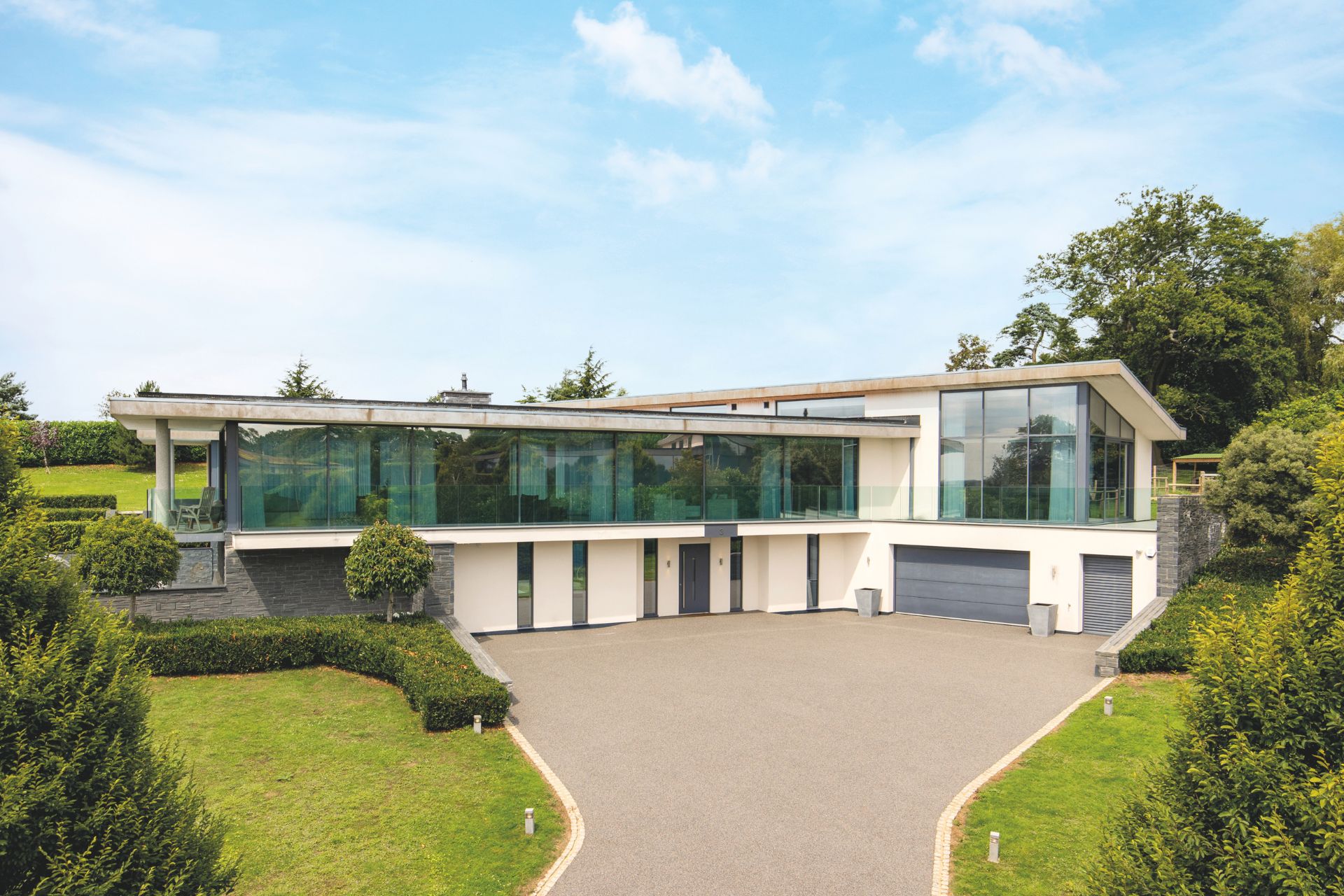
Lake View, Epping, for sale with timprimeproperty.com
‘One sale came via a local Facebook group – we responded to a woman’s request for help with her property search and sold her a home within 48 hours,’ he says. ‘Another resulted from an Instagram “sneak peek” reel featuring a development opportunity, which attracted a developer and sparked a conversation.’
The rise of social media has opened up a new market and allowed us to reach a wider audience, including those who might not be actively searching for a new home, Adams explains. Sellers are engaged, too, adds Megan Wright of Michael Graham, an estate agency with nearly 17,000 Instagram followers (@michaelgraham_living). ‘We consistently receive comments from vendors telling us we caught their eye on social media due to our brand presentation,’ she says.
No wonder, then, that the new generation of estate agencies is shunning the high street entirely and using Instagram as their shop window. The Modern House, which has an impressive 775,000 followers (@themodernhouse), prides itself on its photography, posting atmospheric lifestyle shots of properties for sale which receive thousands of likes and comments; the newer Inigo (@inigo.house) is a similar platform for historic houses with 225,000 followers. Social media has also given rise to the ‘property influencer’: Ari Reid, a glamorous actress-turned-buying agent, who speaks fluent Mandarin and Spanish, takes her 427,000 followers on tours of £10.5 million doer-uppers in Mayfair and teaches them how to draw a bath the British way (@arireidproperty).
Yet do reels really lead to deals? One might suspect that the majority of Reid’s followers are there for her Princess Diana-style outfits and cut-glass English accent rather than to buy a house in Mayfair. ‘Their endorsement is likely to have little effect on the actual decision making process of a purchaser committing to buy,’ says Marc Schneiderman of estate agency Arlington Residential. ‘Buying an expensive home cannot be likened to buying luxury retail items, such as a handbag or shoes where an endorsement will certainly have an impact on sales figures.’ Reid insists, though, that buyers and sellers from across the world reach out to her all the time. She sold a flat on Eaton Square in Belgravia for £6.5 million after her Insta tour received 332,000 views; a seller offered to fly her over to the house they wanted to sell in Barbados. Her talent agent maintains she is London’s ‘key property communicator, thanks to her innovative social media strategy and passion for her subject.’
View this post on Instagram
At the top end of the market property influencers such as Reid have their place, according to Grahame Salt of Frank Salt Real Estate in Malta, alerting wealthy buyers to new developments and locations. ‘They can promote a destination or project to the right audience but they have to produce something punchy enough for people to watch and share,’ he says. It tends to be a younger demographic of rich buyers – those in their 30s and 40s – who use social media to find properties; they’re used to being guided by influencers and in many cases believe their recommendations have more cachet.
‘It’s often the son or daughter of the property’s owner who contacts me via Instagram,’ says Phillips. ‘If an owner is older, they don’t necessarily understand the pull of social media.’ None of this is a substitute for experience and depth of market knowledge, though, says Christian Warman of estate agency Tedworth Property. ‘Very few, if any “influencers” have this,’ he says.
Which is why Phillips, who now has 136,000 followers, does not want to be labelled a property influencer. While he thoroughly enjoys making reels and other social media content about his job and was one of the first estate agents to buy his own drone, it’s his experience and network that get him his deals, he says. ‘I’m not an influencer; I’m a bloody good estate agent with an Instagram following not the other way round,’ he says. ‘I’ve probably sold more super prime houses in Essex than any other agent; I’ve worked for the top name companies. When I post a house in Instagram I also call everyone I know in my network. Instagram is a powerful tool but it can’t be the only thing.’
This is why individual sellers will struggle to sell their house by using social media alone, he says. Alice Merritt, who has 23,000 followers on her Instagram home décor account (@strikeme_pink), maintains that Instagram didn’t help ‘a lick’ when it came to selling her house. ‘It was a slog. I think Zoopla and Rightmove are still king,’ she says. In the end it was Stanfords, a local estate agent, who sold the property. ‘They worked really hard to sell our house in a difficult market – I would say agents are still so important and getting the right one is even more important,’ she says.
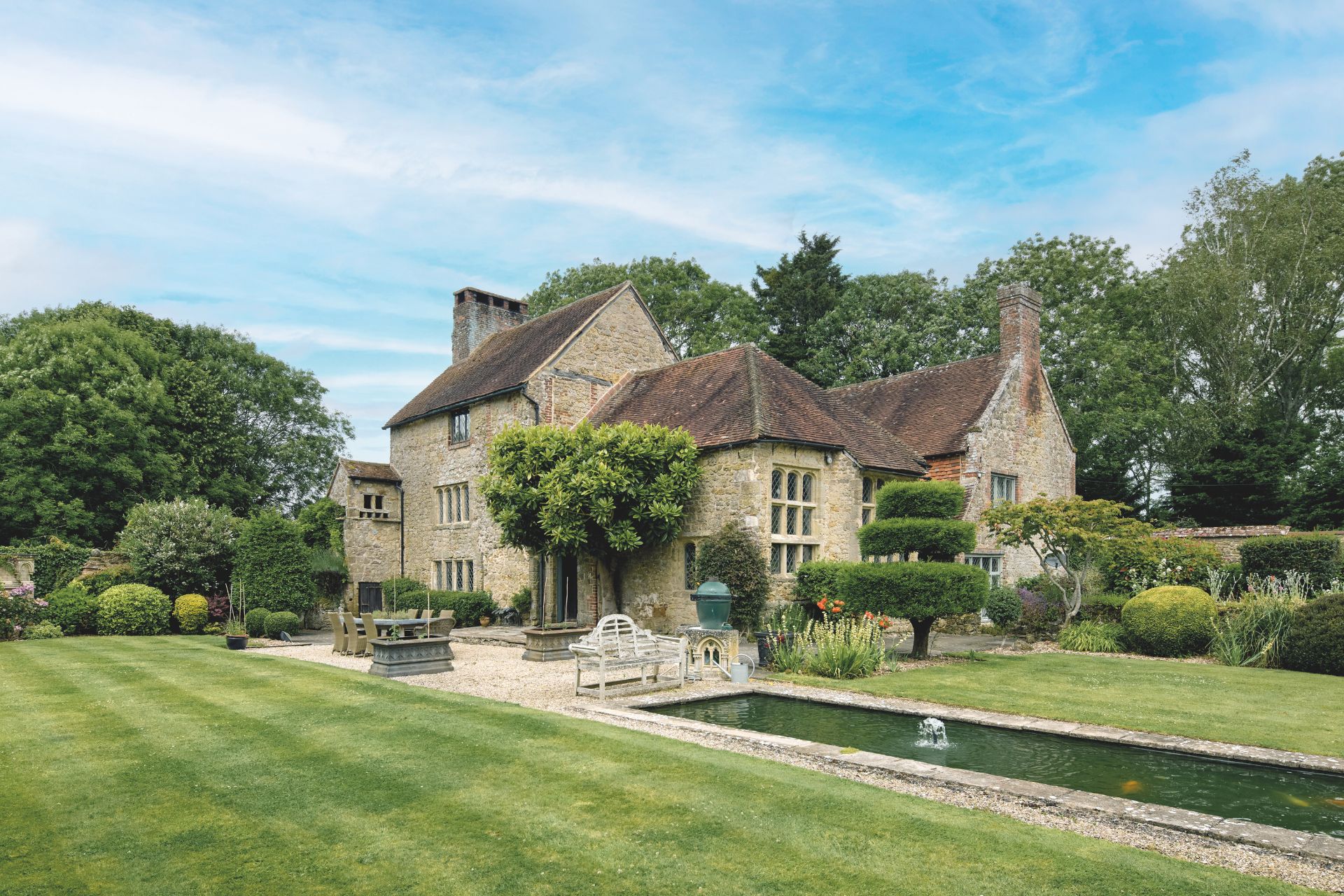
New Place Manor, Pulborough, West Sussex, for sale with inigo.com
Tom Parsons of buying agents Middleton Advisors cannot envisage any of his ultra wealthy clients turning to Instagram to find their next house. ‘Typically such buyers will have looked on Rightmove and instructed a buying agent,’ he says. ‘While social media can increase exposure to a wider audience, this is not necessarily a good thing. Privacy and discretion are paramount to us and our clients and publicising properties can pose a security risk.’
Ari Reid said in an interview in The Times: ‘Not everyone wants their fabulous, pristine home in the public domain. Some feel it’s a security issue.’ As well as being a property influencer, Reid works with Oliver Bernard Private, a traditional buying agent in Mayfair – one can assume
that the homes she is acquiring for her clients don’t get anywhere near her Instagram grid.
As a lead generator, there’s no doubt that social media has its place, but Reid is the first to admit that she still works very hard. Phillips, does too: once he’s found a buyer via Instagram, he has to deploy all his skills as an estate agent to get the deal across the line, he says. While he often receives more leads through his social media than via Rightmove, he isn’t giving up on the property search portals just yet and also has his own website.
‘If you’re specifically searching for a property in Hampshire, the search portals are still your first port of call,’ he says. ‘I see Instagram as a digital magazine: you can reach the people who aren’t actively looking – until they see what you are selling.’


